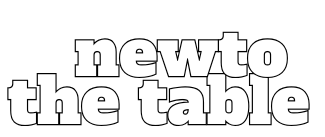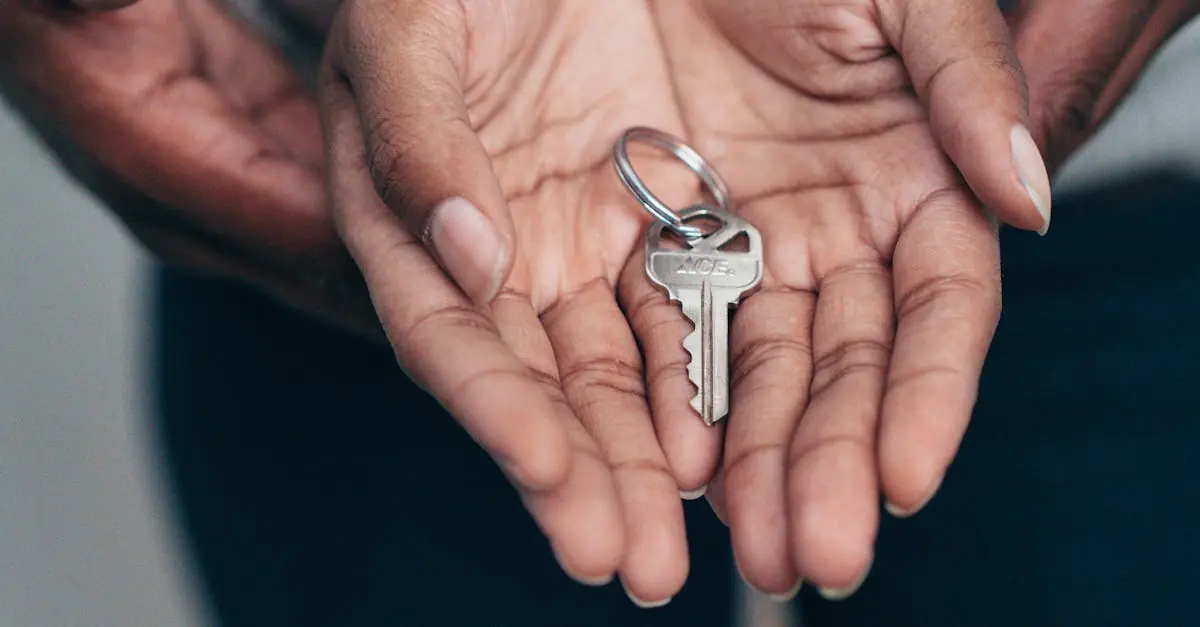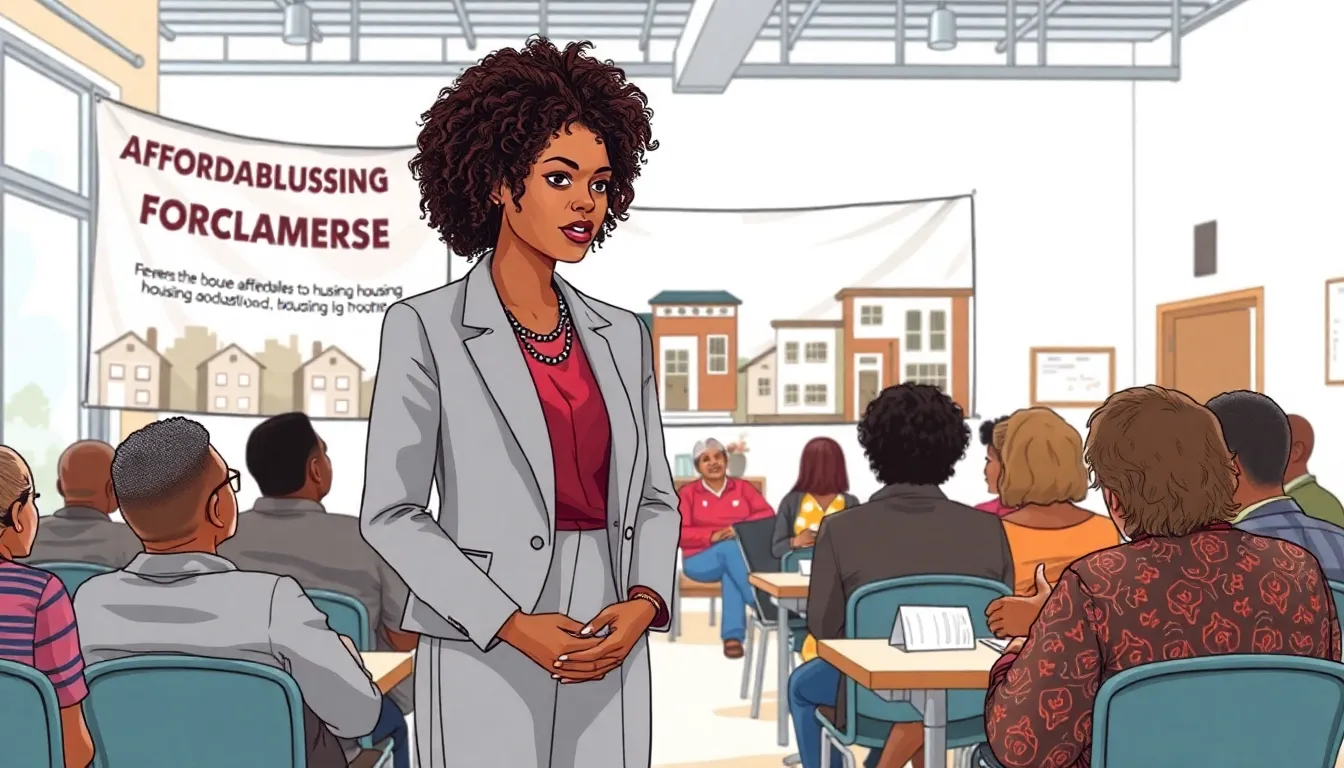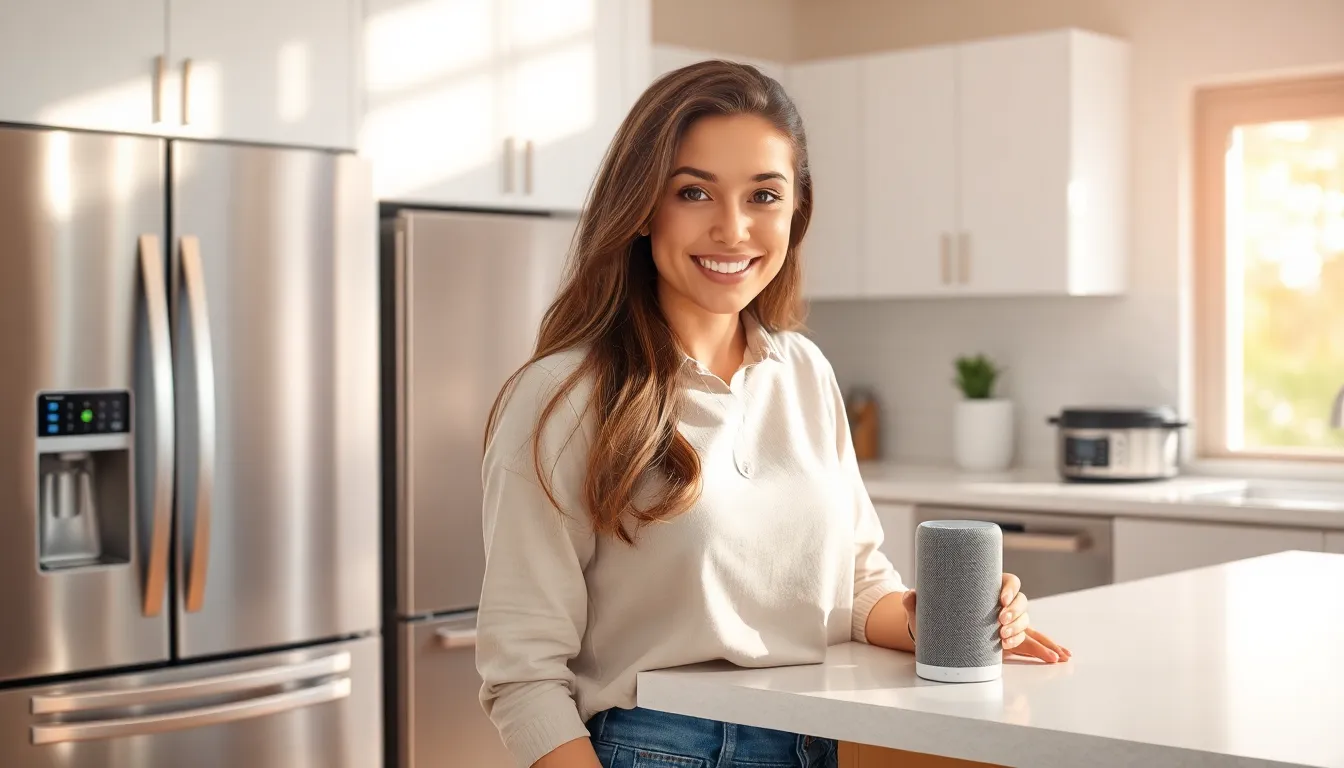When it comes to property maintenance responsibility, it’s a wild world out there. Picture this: a leaky faucet, a garden gone rogue, and a lawn that’s starting to resemble a jungle. Who’s going to tackle these mini-disasters? Understanding who’s responsible for what can save you from a world of headaches—and perhaps a few unexpected visits from the neighborhood wildlife.
Table of Contents
ToggleUnderstanding Property Maintenance Responsibility
Property maintenance responsibility involves identifying tasks related to the upkeep of a property. Clear expectations help prevent disputes among owners, tenants, and property managers.
Definition of Property Maintenance
Property maintenance encompasses various tasks needed to keep residential and commercial spaces safe and functional. These tasks include repairs, regular inspections, landscaping, and cleaning. It aims to address issues like plumbing leaks, electrical problems, and general wear and tear. A comprehensive approach ensures the property meets safety standards and remains appealing to occupants.
Importance of Property Maintenance Responsibility
Understanding property maintenance responsibility is crucial for all parties involved. Proper delineation of responsibilities minimizes confusion and enhances accountability. When owners and tenants know their roles, timely attention to maintenance issues occurs, preventing more significant problems. Regular maintenance can also extend the lifespan of property features, such as roofs, plumbing, and appliances. In turn, well-maintained properties lead to increased tenant satisfaction and retention rates.
Roles and Responsibilities of Property Owners
Property owners play a crucial role in maintaining their properties effectively. Understanding specific responsibilities helps prevent disputes and ensures optimal property management.
Legal Obligations
Legal duties vary by jurisdiction but typically include ensuring safe living conditions. Property owners must comply with local building codes and safety regulations. Regular inspections also fall under these obligations, enabling timely identification of issues like mold or faulty wiring. Ignoring these responsibilities can result in penalties and liability claims. Property owners should document all maintenance activities meticulously, as this documentation may serve as crucial evidence in legal matters.
Best Practices for Property Owners
Implementing best practices fosters proactive maintenance strategies. Establishing a regular maintenance schedule minimizes risks and encourages early detection of problems. Utilizing checklists for routine inspections simplifies the tracking of necessary tasks. Communication with tenants remains vital; inviting feedback on maintenance issues fosters a sense of community. Hiring qualified maintenance personnel ensures high service standards. Investing in landlord insurance also provides additional financial protection against unexpected repairs.
Responsibilities of Property Managers
Property managers play a critical role in maintaining properties and ensuring tenant satisfaction. They oversee essential tasks that contribute to the overall upkeep of residential and commercial spaces.
Management Duties
Management duties involve coordinating maintenance activities and addressing tenant concerns. They conduct regular inspections to identify maintenance issues like leaks or electrical problems. Timely responses to maintenance requests prevent small problems from escalating into costly repairs. Engaging qualified vendors for specialized repairs enhances quality and efficiency. Property managers also develop and implement maintenance schedules that align with legal requirements. Establishing clear processes for emergency responses protects both tenants and property owners. Overall, effective management leads to well-maintained properties, positively impacting tenant retention.
Communication with Tenants
Communication with tenants is fundamental for successful property management. Property managers establish lines of communication to address concerns and inquiries efficiently. They utilize various channels, such as emails, phone calls, or in-person meetings, to maintain open dialogues. Regular updates regarding property, maintenance schedules, or policy changes reinforce transparency. Promptly notifying tenants about ongoing maintenance creates trust and enhances satisfaction. Listening to tenant feedback often leads to valuable insights for improving property conditions. Ultimately, strong communication contributes significantly to a positive tenant experience, increasing overall property value.
Tenant Responsibilities in Property Maintenance
Tenants play a vital role in the overall maintenance of a property. Their active participation ensures a safe and functional living environment.
Expected Actions from Tenants
Tenants must maintain cleanliness and order within their living spaces. This includes regular cleaning of appliances like refrigerators and stoves. Keeping the yard tidy, if applicable, also falls within their responsibilities. Routine tasks such as changing air filters and replacing light bulbs are essential to prevent larger issues. It is crucial for tenants to report visible wear or damage promptly to maintain property standards. Understanding these expectations helps foster a positive relationship with property managers and owners.
Reporting Maintenance Issues
Timely reporting of maintenance issues is key for tenants. They should inform property managers immediately about leaks, electrical problems, or pest infestations. Effective communication can prevent minor repairs from escalating into significant problems. Using established reporting channels, such as maintenance request forms or phone calls, streamlines the process. Documenting issues with photos or written descriptions provides clarity for property managers. Proactive reporting not only ensures safety but also contributes to the longevity of property features.
Understanding property maintenance responsibilities is essential for everyone involved. Clear communication and defined roles help prevent disputes and ensure timely resolutions to maintenance issues. By fostering a collaborative environment among property owners, managers, and tenants, all parties can contribute to a safe and functional living space.
Regular inspections and proactive maintenance not only enhance tenant satisfaction but also protect the property’s value. When everyone takes their responsibilities seriously, it leads to a more harmonious relationship and a well-maintained property. Ultimately, prioritizing property maintenance is a win-win for all stakeholders involved.








